What are the health risks of breathing Dhaka's air?
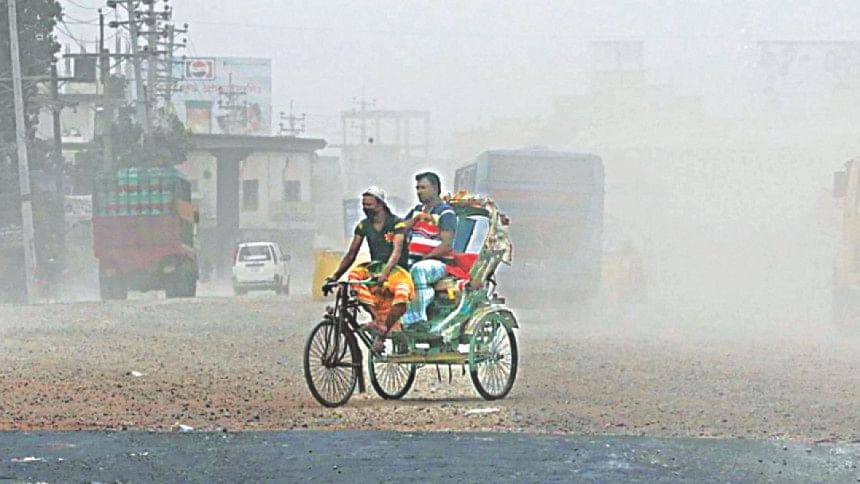
During the months of winter, our capital repeatedly makes it on the list of world cities with the most polluted air.
There are days on end, when our busy metropolis also tops the list with AQI (Air Quality Index) scores that could spell disaster for our respiratory health.
This morning in Dhaka, too, was no different and you essentially breathed in the world's most polluted air if you left the house without a mask.
What happens if you continue to breathe polluted air?
Added to the physical health risks, breathing in bad air can also impact our mental health.
According to a recent World Bank report, exposure to high levels of air pollution significantly raises the risks of breathing difficulties, coughing, lower respiratory tract infections, as well as depression and other health conditions.
Both short- and long-term exposure to air pollutants have been associated with health impacts. More severe impacts affect people who are already ill, according to the World Health Organization.
Who is most at risk and what are the riskiest areas?
Children, the elderly and poor people are most susceptible to air pollution.
The most harmful pollutants, which are closely associated with excessive premature mortality, are fine particulate matter (PM2.5) particles that penetrate deep into lung passageways.
In Dhaka city, PM2.5 levels are on average 150 percent above the WHO air quality guidelines.
The highest concentration of fine particulate matter around Dhaka is found near brick kilns. Other than that, the sites with major construction and persistent traffic in Dhaka city have the highest levels of air pollution.
Incidence of lower respiratory tract infections was significantly higher among children living near major construction and traffic sites, including near brick kilns.
What can be done?
The World Health Organization has issued a set of recommendations to governments, cities and local communities, individuals and the public. Below is the list of recommendation as stated by WHO:
To national governments: reduce emissions and set national standards that meet WHO air quality guidelines. Invest in research and education around clean air and pollution – they are an essential tool.
To cities and local communities: Public policies across sectors must factor in public health from the beginning, followed up with sufficient data and tools to assess them.
To individuals: Continue to stand up for your right to healthy and sustainable environments. Hold your governments accountable.
All of us: in government, business, and individual – we are all accountable. Think and rethink, about the way you live and consume and make sustainable choices for yourself, your children and your children's children.

 For all latest news, follow The Daily Star's Google News channel.
For all latest news, follow The Daily Star's Google News channel. 

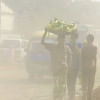
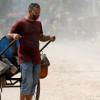
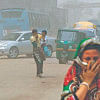
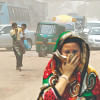


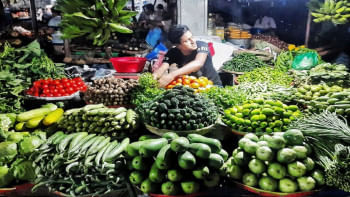
Comments